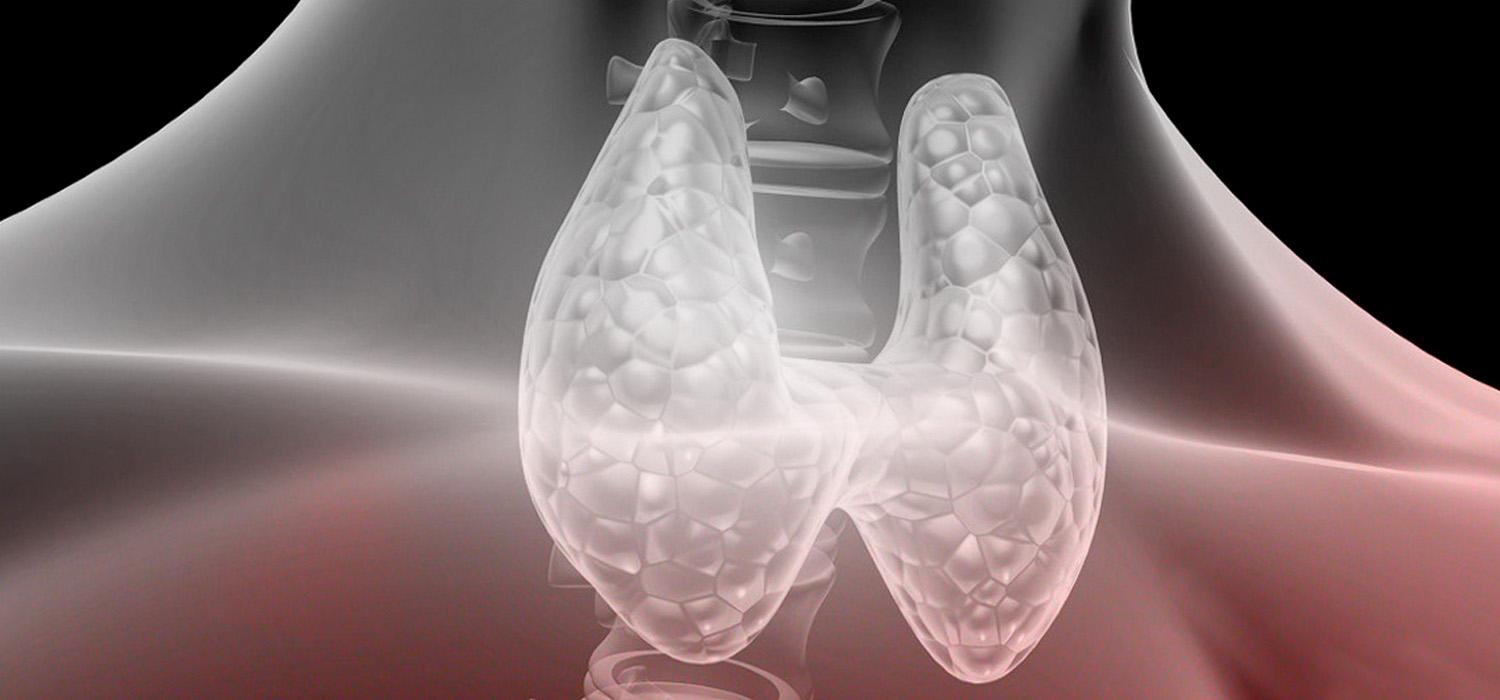Thyroid and reproduction
The thyroid is a butterfly shaped gland in the anterior region of the neck, secreting thyroid hormones under the influence of TSH which is secreted by the pituitary.
The functions of thyroid include:
- Control of the BMR (Basal metabolic rate)
- Growth and development of the CNS, especially brain,
Both hyper- and hypo-thyroidism affect reproduction. Patients with antithyroid antibodies can have adverse pregnancy outcomes . About 2.3 % sub-fertile women and 1.5% in general population have hyperthyroidism. Hypothyroidism is more common and is present in about 3.1% of women in reproductive, Subclinical hypothyroidism is when the T4 levels are in the normal range (9-25 pmol/L0 while the TSH is raised (>4.5 micromols/ml) and it affects 2-4% of women in reproductive age group.
Screening for thyroid disorders
All women presenting as infertility or in early pregnancy ought to be screened for thyroid disorders by initially evaluating TSH levels. Screening for thyroid dis-orders include:
- H/O hyper/ hypo thyroidism or recent thyroid disorders.
- Presence of goiter/ anti-thyroid antibodies.
- History of thyroid surgery or neck irradiation
- Age over 30 years
- Autoimmune disease including Type1 Diabetes
- Morbid obesity, BMI >40
- Resides in areas of high iodine deficiency.
- History of previous pregnancy loss, preterm or infertility
- Multiparty
- Intake of lithium, amiodarone, or radioiodine contrast
- Family history of thyroiditis or autoimmune thyroid disorder.
The American Thyroid association recommends screening from 35 years on, once every 5 years. Pregnant women, women over 60 years, those with h/o autoimmune diseases and neck irradiation merit more frequent screening.
Hypothyroidism
Hypothyroidism prevents the pulsatile release of GnRh from the hypothalamus thus impairing FSH and LH secretion from pituitary and causing anovulation. Children or adolescents with hypothyroidism present with delayed sexual development. Menstrual irregularities (oligomenorrhoea, menorrhagia, amenorrhea), breast secretions, weight gain, excessive sleepiness, intolerance to cold, dry skin, weight gain and inability to conceive are some of the clinical presentations in women of reproductive age group. Ovarian stimulation increases E2 which helps bind T4 to TBG (Thyroid Binding Globulin) temporarily making the euthyroid women also hypothyroid. Correcting both clinical and subclinical hypothyroidism improves implantation, pregnancy, and live birth rates in ART cases.
Treatment of hypothyroidism is by replacement with Levothyroxine. Improvement with therapy is seen within 3-5 days and dose adjustments are done once in 6-8 weeks.
Hyperthyroidism
Palpitations, anxiety, weight loss, sweating, intolerance to heat and excessive bowel movements occur in women with hyperthyroidism. There is increased sensitivity to GnRH causing high LH, SHBG and E2 levels resulting in oligomenorrhoea or hypomenorrhea. However, most women ovulate despite menstrual irregularities and hence treating hyperthyroidism may not increase ovulation but betters the QOL of these women. Pregnant women with thyrotoxicosis must be differentiated from women with hyperemesis gravidarum, molar pregnancies.
Women with Graves’ disease (Hyperthyroidism due to anti-TSH receptor antibodies-TRAb) have increased risk of fetal/ neo-natal thyrotoxicosis due to transplacental transfer of antibodies.
Men with Graves’ diseases have hypogonadism with low free testosterone levels despite high SHBG and high total testosterone. There may also be gynecomastia and low sperm counts unresponsive to hCG.
Thyroiditis
Inflammation of thyroid causes release of stored hormones causing thyrotoxicosis which lasts for about 8 weeks followed by transient hypothyroidism followed by euthyroid state. Serum thyroglobulin and ESR are elevated in thyroiditis.
de Quervain’s disease or subacute thyroiditis presents with neck pain, fever and tenderness over thyroid gland following recent viral infection.
T3, T4 and TSH are needed to diagnose hyperthyroidism. TSH <0.5 microIU/ml, high free T4 and total T3 are seen in thyrotoxicosis. Subclinical hyperthyroidism presents with normal FT4/T3 and low TSH levels.
Anti-TPO antibodies are elevated in AI thyroiditis and in Graves.’ Toxic multinodular goiter, toxic adenoma have normal or slight increase in anti-TPO antibodies. As 8-10% of the normal population also has anti-TPO antibodies, it is not recommended for screening.RAI (Radioactive Iodine uptake) can be used to differentiate the causes of hyperthyroidism. Diffuse uptake is seen in Graves’ while focal areas of uptake is seen in toxic adenoma and multinodular goiter.
Treatment
A multidisciplinary approach is necessary in the management of Graves’ disease.
Anti-Thyroid medications like methimazole and propyl thiouracil are the mainstay of treatment in children, pregnant women and adults awaiting radio iodine therapy. They inhibit synthesis of thyroid hormones and act over 2-8 weeks. Titration of drug dosage is done by measuring hormones every 4-6 weeks. Surgery is preferred in women unable to tolerate or uncompliant with medications, large goiters, reject radiotherapy or need rapid correction to euthyroid state.
Thyroid and subfertility
- Evidence suggests that routine screening for thyroid disorders with TSH and thyroid peroxidase antibody (TPOAb) is beneficial in infertile women. TSH < 2.5 needs no further testing. TSH > 2.5 must be repeated along with anti-thyroid antibodies (TPOAb and TgAb- Thyroglobulin antibody) Levothyroxine supplementation with repeat TSH after 6 weeks is done till the TSH is < 2.5.
- Routine screening for thyroid in male partner is not recommended.
- Auto immune disorders are more common in infertile women. Elevated levels of anti-thyroid antibodies are seen in PCOS and endometriosis.
- Infertile women with anti-thyroid antibodies have poorer pregnancy outcomes with lower fertilization, bad embryos, reduced pregnancy rates than those without antibodies. These women benefit by ICSI.
For more info, Visit : www.medlineacademics.com
